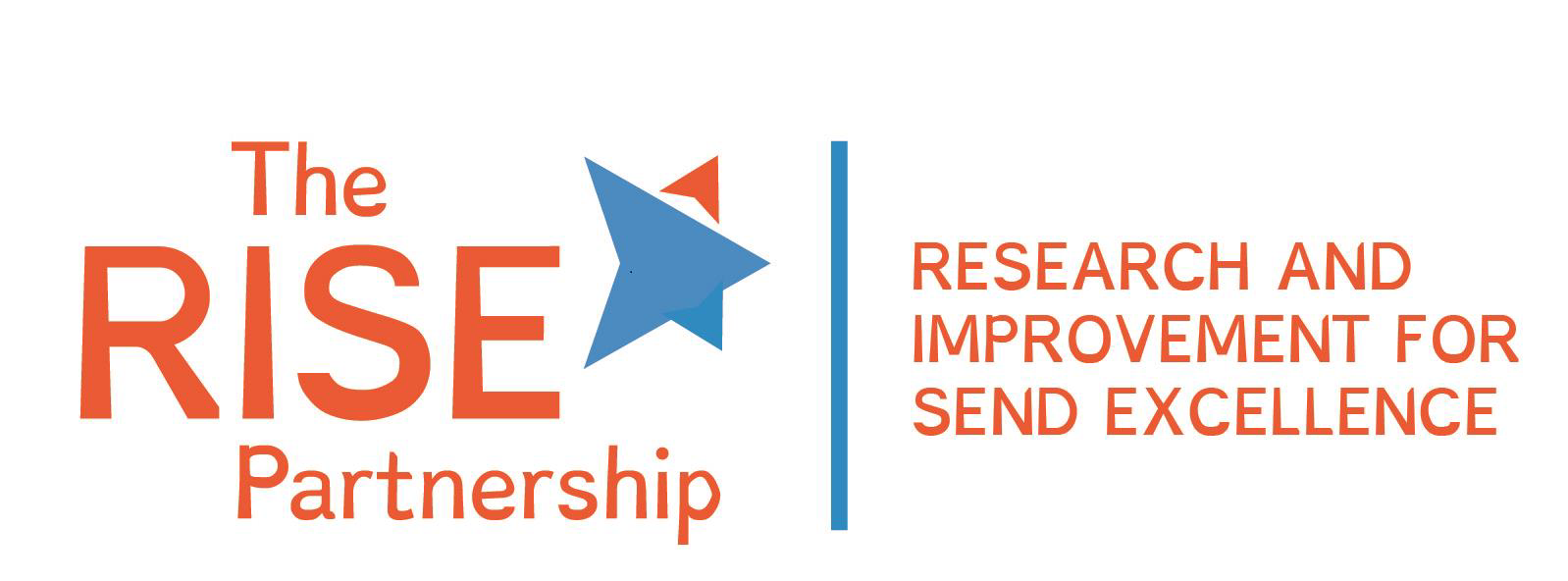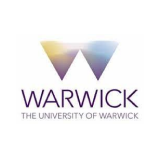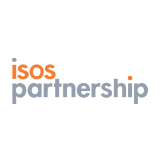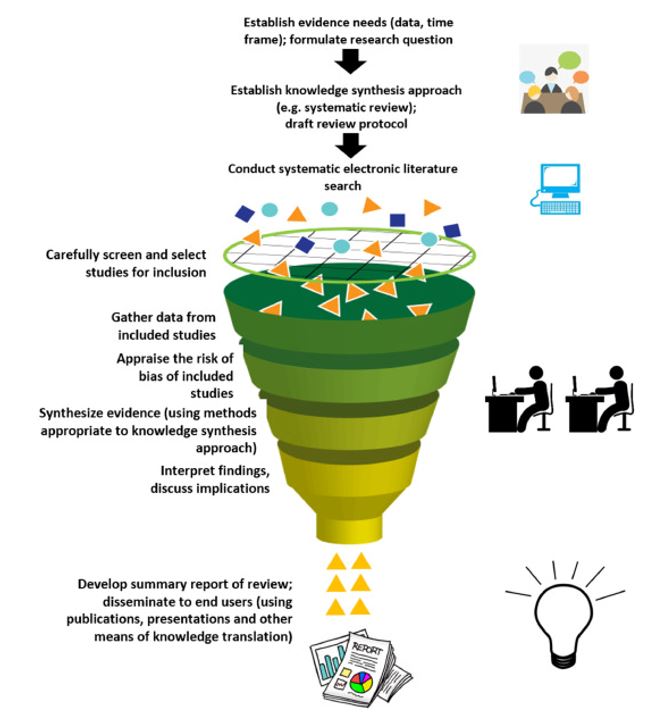About Us
The What Works in SEND Programme is an ambitious learning and innovation programme designed to generate high quality evidence of what works (and what doesn’t) in SEND service improvement and practice models

Our Mission
Our mission is to co-design a learning system, delivered in line with the IMPACT principles of the What Works Network, based on a cycle of:
Generate – Producing high quality evidence of what works (and what doesn’t) in SEND service improvement and practice models.
Translate – Ensuring technical research meets the needs of users in the SEND system and is interpreted, formatted and styled to enable key SEND decision makers to understand and use it, enabling them to transfer ‘what we know’ into ‘what we do’.
Adopt – Build SEND system capacity to understand, use and build evidence using innovative interactive digital engagement such as Knowledge hubs and policy labs and more traditional approaches, e.g. workshops, conferences and targeted communication.

Our Partners
The What Works in SEND programme is part of a programme of work led by the RISE Partnership bringing together thought leaders from the SEND system who have the necessary understanding of system change and specialist knowledge of SEND.
The RISE Partnership


Warwick Business School
Warwick Business School has considerable expertise and experience in applied research focused upon public services improvement, encompassing health care, social care and education.

Warwick Medical School
Warwick Medical School has considerable expertise in systematic reviews through Warwick Evidence, which constitutes the second institutional component of the University of Warwick research team. Warwick Evidence (2011-2022) is an established, successful, multidisciplinary, academic technology assessment review team.

Centre for Research in Intellectual and Developmental Disabilities (CIDD)
CIDD is a specialist research-only department in the University of Warwick. CIDD is focused on applied educational and psychological research in the field of special educational needs and disability (SEND) across the lifespan and has a 30+ year history of contribution in this field.

Council for Disabled Children
The Council for Disabled Children (CDC), hosted by the National Children’s Bureau (NCB), are sector leaders with an expert senior management team, experienced in working across Government to support decision makers in Education, Health and Care. Our practice teams deliver wide reaching programmes of bespoke intervention in local areas enabling service improvements and system change.

Isos Partnership
Isos Partnership led widely-recognised national research that has explored the enablers of system-wide improvement in local children’s services, in the development of local early help offers, the development of effective support for school inclusion, and the development of effective whole-system approaches to SEND.
Our Work
The What Works in SEND programme is an ambitious programme of learning and innovation delivered by an expert partnership experienced in academic research and evidence; systems change and service improvement; practice development, learning facilitation and sector-wide collaboration.
The What Works in SEND programme’s independent learning system will:
- Identify emerging practice to improve on common issues experienced in the SEND sector
- Quality assure to establish effective evidence-based practice
- Conduct robust research and evaluation
- Develop targeted support interventions/approaches based on What Works in SEND research and evidence
- Provide information, resources and evidence-based practice models that can be adopted for collaboration and learning
Our Approach
Developing an Effective Practice Evidence Framework
Isos Partnership and CDC have worked together to develop a What Works in SEND Effective Practice Evidence Framework. Developed during 2023 through co-production with local and national SEND system leaders and parent carers with experience of the SEND system, and launched in spring 2024, the Framework provides a robust methodology for capturing, validating and sharing examples of effective practice in establishing and sustaining effective local SEND systems in England. By “local SEND systems”, we mean the partnerships and inter-connected ways of working, services and support for disabled children and young people and those with SEN within local authority areas in England. In practical terms, the Framework allows us to showcase examples of effective practice from local SEND systems.
Examples of effective practice can be found here. If you know of an example of effective practice that you think would meet our evidence standards, please submit a 500-word expression of interest detailing the example of good practice, the aim of the work and its impact. Please submit an expression of interest here.

Understanding the evidence base
The team at Warwick Evidence will be identifying the existing evidence of what works (and what doesn’t) at system-level in the SEND system. This includes a systematic review of the literature on service improvement for SEND which seeks to answer the following review questions:
- In relation to services for those aged 0 – 25 years with Special Educational Needs and Disabilities (SEND), what are:
- effective interventions that lead to service improvements, and
- the conditions for success in the local area?
- What are the key ingredients for effective partnership, or joint commissioning, of services to those aged 0 – 25 years with SEND?
- Where service providers do work together to provide services for those aged 0 – 25 years with SEND, what are the most effective ways of achieving improved outcomes (as defined by the individual literature)?
